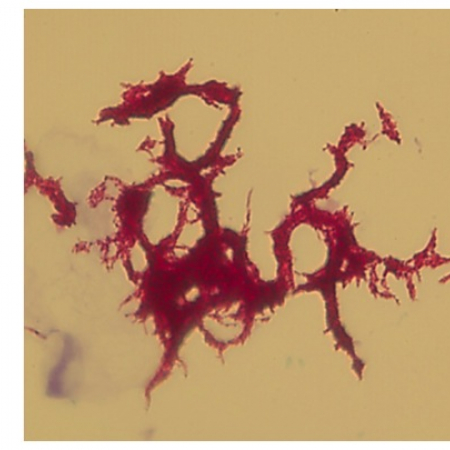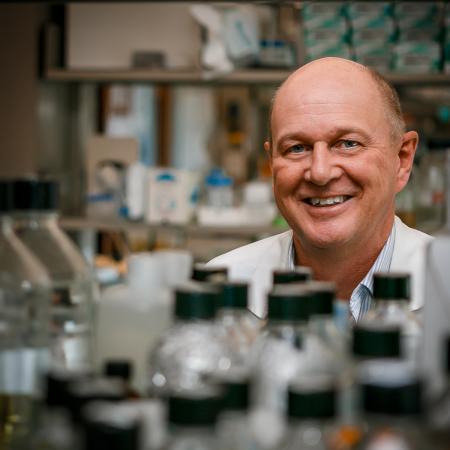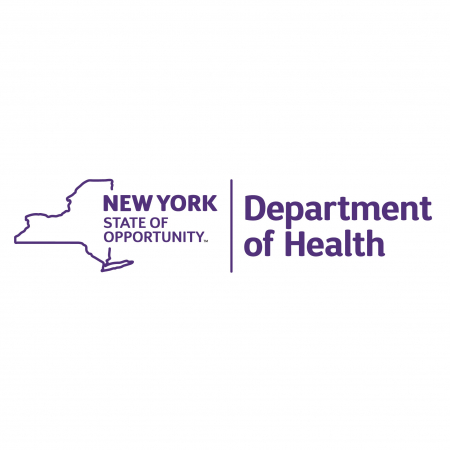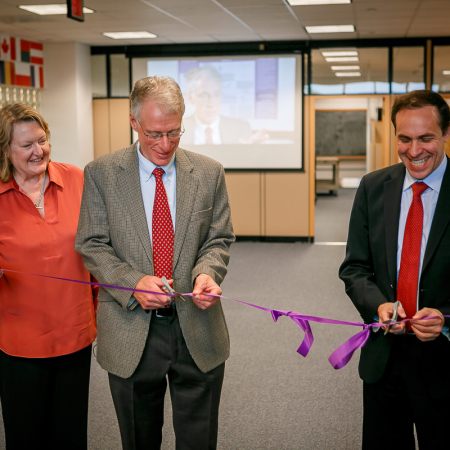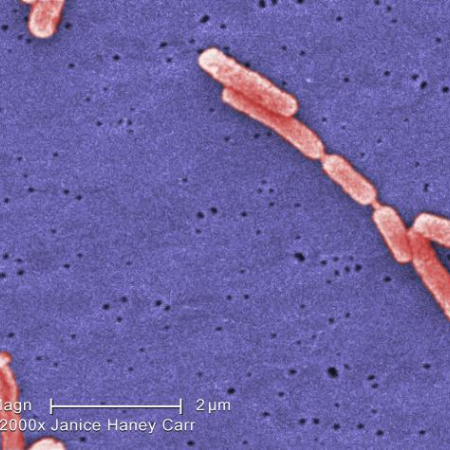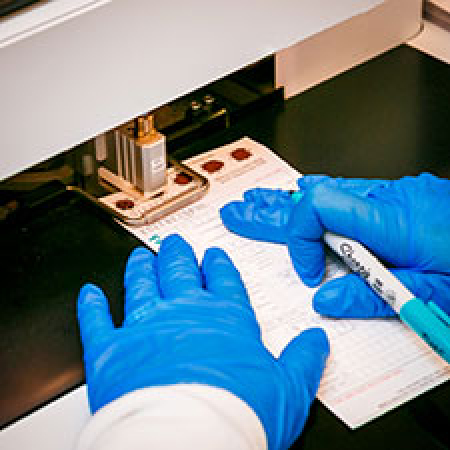Mycobacteriology Laboratory Lends a Hand in New York City Case
Earlier this year, the Wadsworth Center became the first and only state public health laboratory in the nation to perform whole genome sequencing (WGS) of tuberculosis (TB) specimens.
One case illustrates the enormous impact of WGS on TB testing and its central role in rapidly detecting and preventing the spread of drug-resistant TB strains among New York State’s general population.
READ MORE
about
Mycobacteriology Laboratory Lends a Hand in New York City Case
